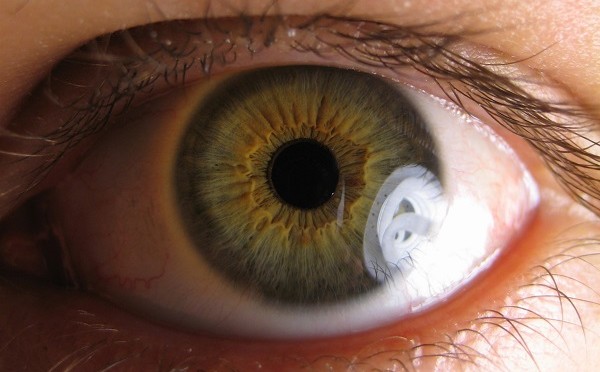Verbal cues may actively shape the way we visualize reality, a new study shows.
Embedded in the realist, positivist and some (but not all) social sciences is the idea that language merely reflects an objective reality. In other words, you can call a Taco Bell Crunchwrap Supreme whatever you want; it’ll still give you explosive diarrhea.
Critical theorists, in a variety of fields, have argued the opposite. That our language actively shapes our reality and there is no objective reality which exists independent of language. For instance, that explosive diarrhea may be a psychosomatic reaction to your racist conceptions of Mexican food. Okay, Taco Bell is not Mexican food, nor is it “objective” good, but you get the point.
John Mearsheimer, in a criticism of the language-makes-reality tradition (in international relations), argued:
It would be understandable if realists made such arguments, since they believe there is an objective reality that largely determines which discourse will be dominant. Critical theorists, however, emphasize that the world is socially constructed, and not shaped in fundamental ways by objective factors. Anarchy, after all, is what we make of it. Yet when critical theorists attempt to explain why realism may be losing its hegemonic position, they too point to objective factors as the ultimate cause of change. Discourse, so it appears, turns out not to be determinative, but mainly a reflection of developments in the objective world. In short, it seems that when critical theorists who study international politics offer glimpses of their thinking about the causes of change in the real world, they make arguments that directly contradict their own theory, but which appear to be compatible with the theory they are challenging.
Of course, Mearsheimer’s criticism is the international version of a view also held by many other fields, specifically positivism. It is also, if only implicitly, a view held by plenty of mainstream commentators.
But a study conducted at Yale is poking holes in the idea that our perceived reality is all that it’s cracked up to be. Yale researchers used a technique called “flash suppression” where stimuli in one eye will block your perception in another. For instance, a flash in your left eye can make an image in your right eye functionally invisible.
But it turns out, when given a verbal cue, such as the word “kangaroo” when the invisible image was “kangaroo,” it sometimes allowed the subjects to see the invisible image. As the Medical Daily notes, “The findings suggest that perception may be more subjective and erratic than most of us would like to think.”
But wait, doesn’t this study just prove that we can enhance our ability to perceive this objective reality? Yes and no. Other studies offer good incite into how our perception is fucked. In one terrifying example, white males can spot a gun more quickly if they’re subconsciously primed with a black face.
The study isn’t a silver bullet for the “everything is socially constructed” argument, but certainly gives insight into how language can shift our ability to perceive reality.


